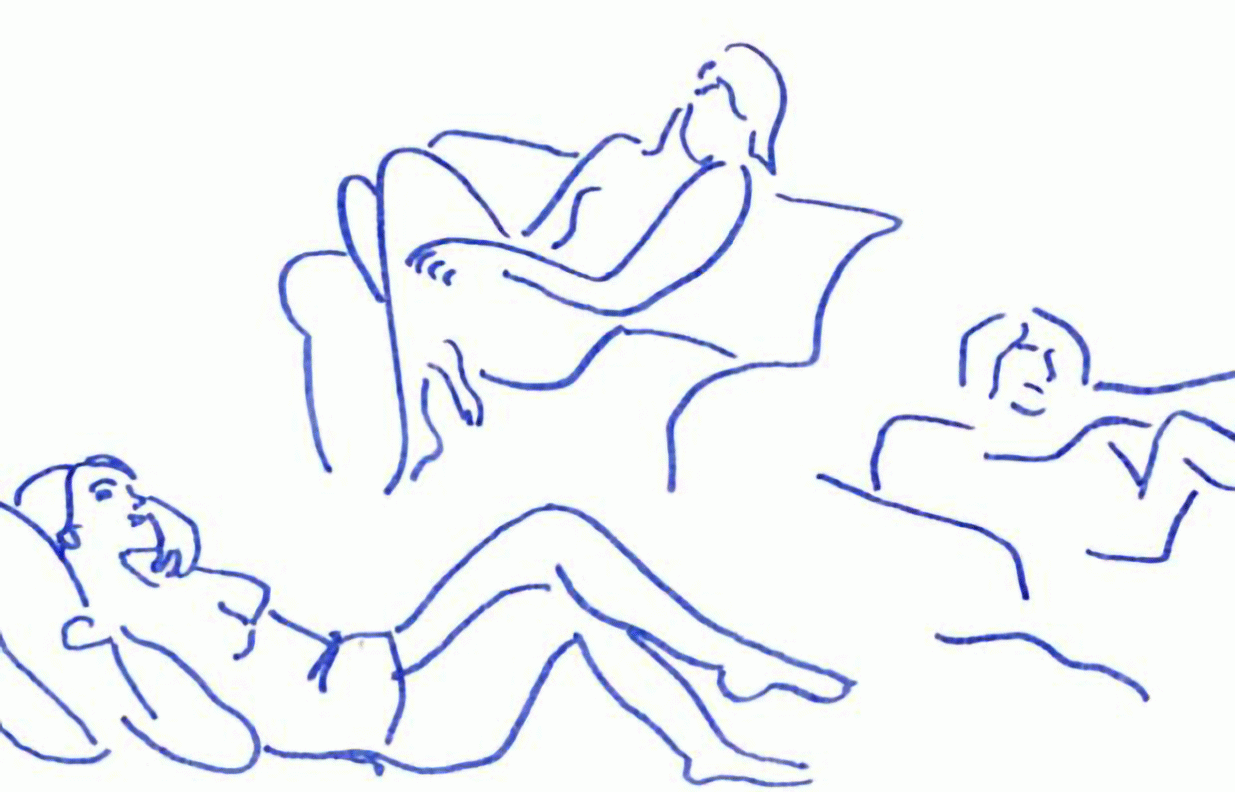Originally presented at the Manifesto Fest, Psychology and the Other Conference, October 10, 2015
“We live in a fast world. We eat fast, travel fast, read fragments of stories with great rapidity. And then we realize that in this haste we have lost something valuable.
“The slow movement, which started with slow food in the mid-eighties, expanded to slow reading (read every word), slow travel (notice the beauty of the wild flower field) and slow schooling (respond to each child). These slow movements share an appreciation of the pleasure and connoisseurship that come with slowing down.
“We can now add Slow Therapy to the slow movement, a new branding for psychoanalysis.
“The fast pace of the 21st century has many advantages. On a long drive we welcome a fast burger, a college student fast-crams for her exam and a working mom fast-travels home to kiss her baby goodnight. But in this rush, and the constant noise of an ever increasing stream of input we consume, it is hard to hear our own thoughts and needs.
“Therapy has also quickened. There are sets of exercises and tested protocols that aim to quickly reduce the patient’s suffering, and of course, we must quickly help those who are anxious, depressed and traumatized. The starving person cannot wait, must not wait for the slow cooked dish.
“But when the emergency is over we can then engage in a different kind of therapy, one that is slow, mindful and deep. Psychoanalysis is this kind of therapy; it is an invitation to listen to echoes of the past, to the delights of the body and the voices peopling our minds. In the presence of an analyst, we listen to relationships speak through us. We learn to notice feelings.
“Why don’t you give it a try?
“First you must turn it all off. Turn off the beeps, pings and rings, your email, texts, facebook, twitter. Turn off the TV, your music feed, the pod cast, the news show. Close the book, fold the newspaper, put down the magazine. Don’t worry, they can wait.
“Come in. Lie down. I know, your parents would get so angry when you put your shoes on the couch, but here it is ok. The rules are different.
“Slow down. Let the outside world fade away, your bosses voice is getting fainter, that shopping list can wait. Don’t worry, it won’t be boring. You’ll see. Other things will surface.
“When is the last time you listened to your body? Feel that ache from your morning run? You feel good about your new exercise routine. Your eyes are tired, maybe you need more sleep? You hear your own breathing…. A thought travels by, your body reacts, desire feels good. You know, you could do this more often…
“When is the last time you heard your own thoughts? Remember that strange dream? An early childhood image surfaces in your mind — you are two years old, the war siren startled you from your afternoon nap. Grandmother is standing in the doorway. Your emotions are profound and moving, let them wash over you. Hear what they want to say.
“When is the last time you tried to understand your relationships? There is this mysterious thing — transference, and in it your feelings about me are both real and unreal. They reflect old habits of being. Do you see yourself as your colleagues see you? Do you cast people in familiar, fixed roles? Slow down and you can’t help but notice these fascinating dynamics.
“I don’t want to pink wash slow therapy. When you look inside, and think about your past, there are likely some unpleasant feelings lurking, those you never wanted to feel again. You might be overwhelmed by a new and unfamiliar sense of intimacy or enraged that your inner ghosts were awakened. But by getting to know yourself, embracing your own past, you will feel embraced and more alive.
“Rich and complex flavors require fresh produce, attention and time. Slow therapy also depends on care, attention and time so that emotions and affects can flourish.
“Psychoanalysis is a slow mode of therapy, a practice of listening to bodies, minds and relationships. And like slow food, psychoanalysis allows us to taste the rich flavors of a full life.”

